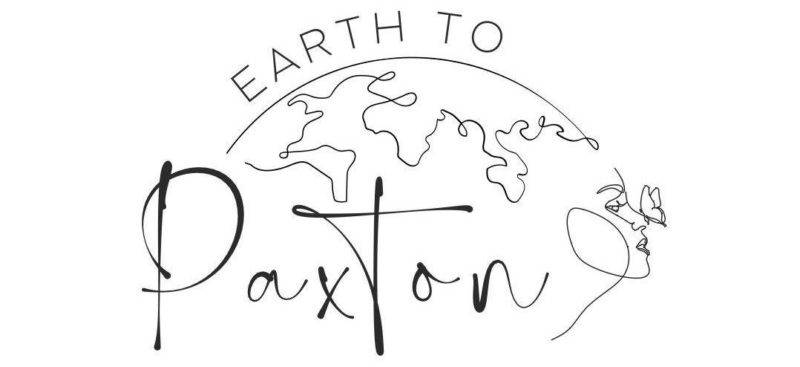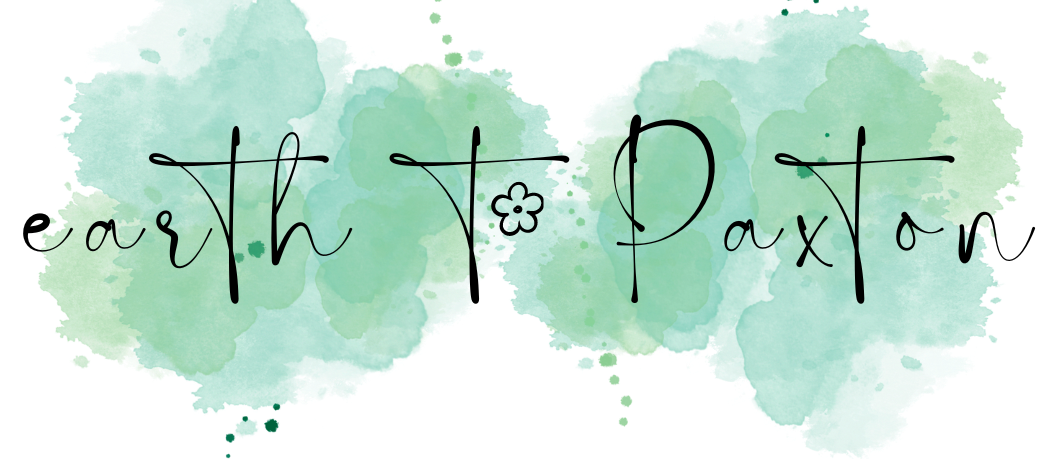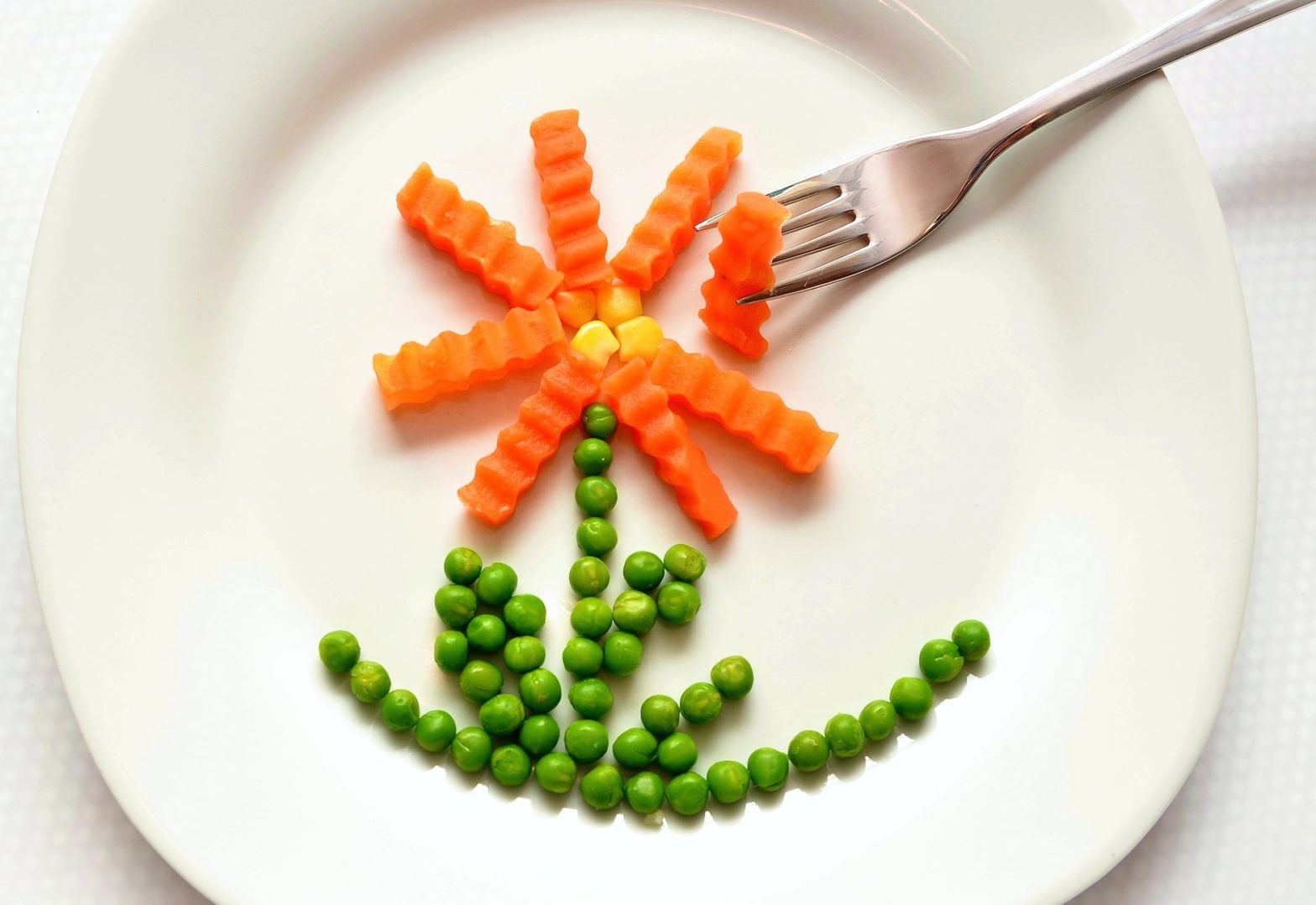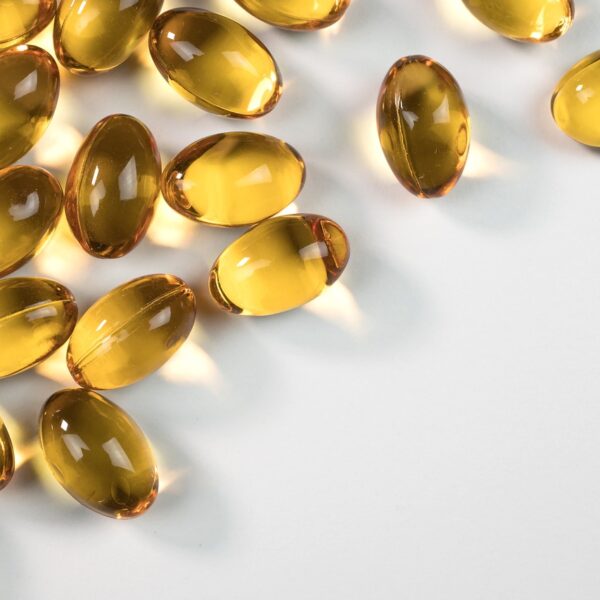This post contains affiliate links, meaning if you make a purchase using these links, I may earn a commission, at no extra cost to you, That being said, I only recommend products I love and trust.
Until the end of time, vegans will be asked “where do you get your protein?” Many people don’t realize it’s almost unheard of to be deficient in protein says the Physicians Committee of Responsible Medicine. It’s easy to get a sufficient amount of protein while eating a whole plant-based diet. That being said, many fruits and vegetable contain a small amount of protein but if you are low on energy or looking for to replace your current source of protein will some plant-based alternatives, here is my ultimate list of plant-based protein.
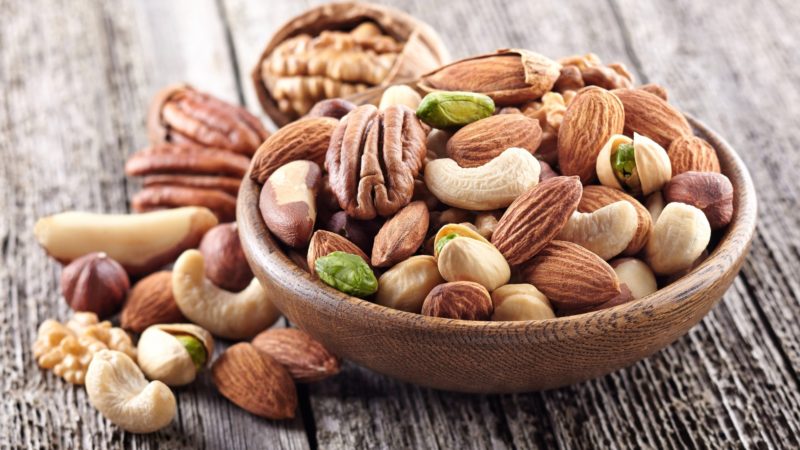
But first, how much protein is enough protein?
According to the Natural Center of Health Statistics, the recommended amount of protein for women is 46 grams and 56 grams for men.
Protein is an awesome (and essential) nutrient. Its job is to maintain and repair pretty much every cell and system throughout the body.
While protein is extremely important so are the many other vitamins and nutrients your body needs to function. If you aren’t sure whether you are getting what you need to thrive, check out my last article on supplements.
Should You Be Supplementing? How to Get the Vitamins You Need
Plant-based protein sources
Tofu, tempeh and seitan tend to get a lot of attention when it comes to protein dense plant foods. And rightfully so, they are wonderful sources of protein, but they aren’t the only option. Here are some great sources of plant-based protein that don’t get enough attention.
Quinoa
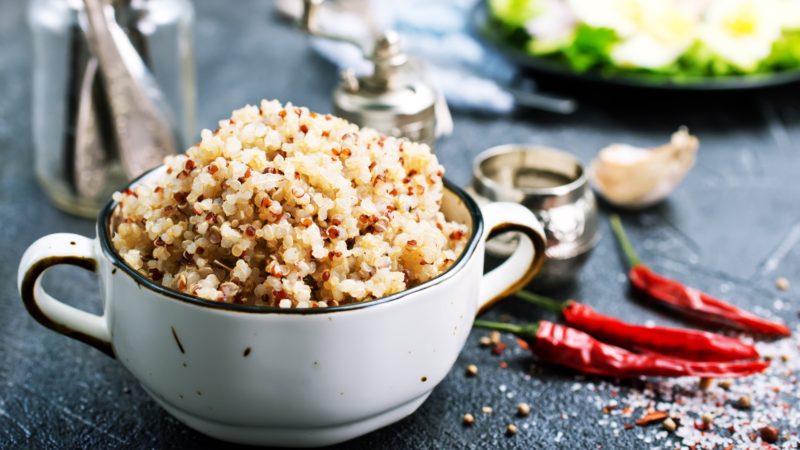
Quinoa gained popularity in the last few years and for good reason. It is unique as it contains all nine of the amino acids necessary for our nutritional needs reported by Real Food Dietitians. It’s loaded with fiber, calcium, magnesium as well as protein. One cup alone will provide you with 8 grams of protein.
Quinoa is easy to make, it’s super versatile and readily available. I’d recommend tossing it on salad, in a burrito, or topped with some cooked vegetables.
Beans, lentils, peas
These three foods are lumped together because they are all part of the same food group called “pulses” formerly “legumes”. Pulses are in the same category as meat, eggs, and fish because of their high amount of protein explains AskUSDA. Not only do they provide sufficient protein, they are a great source of fiber.
When we talk about the peas in this group, we are talking about chickpeas, split peas, and black-eyed peas. And while green peas are also high in protein, they don’t contain the similar nutritional makeup putting them in the vegetable category continues AskUSDA.
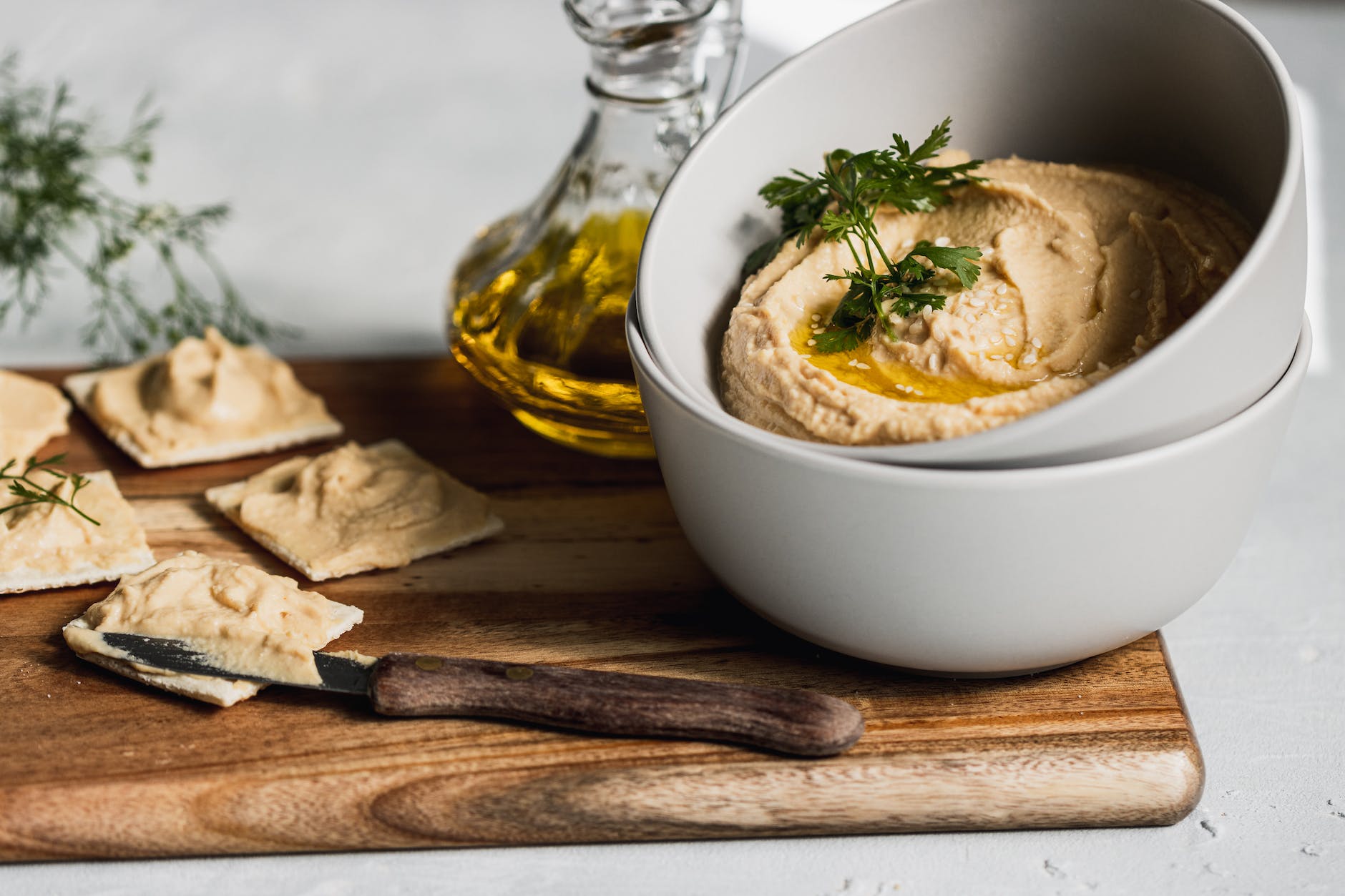
According to Lauren Del Turco, CPT, chickpeas, split peas, navy beans, and black beans contain 8 grams of protein per half cup. Depending on the type of lentils, they contain 9-12 grams of protein per half cup. Soybeans contain a whopping 36 grams of protein per 2/3 cup.
This nutrient dense food group is super versatile as the main part of a dish, a side dish, or heck, even as a dessert. (You read that correctly, haven’t you heard of black bean brownies?)
Seeds
Chia seeds, pumpkin seeds, hemp seeds are all loaded with protein. I love seeds because they are like the sprinkles on top of a cake. We personally enjoy seeds on top of oatmeal (another great source of protein).
In agreement with this graphic by Vinchay Fit, in 2/3 of a cup, chia seeds contain almost 16 grams, hemp seeds contain 23 grams, flax seeds contain 19.5 and pumpkin seeds contain nearly 33 grams of protein.
Nuts
I feel like nuts are what people think of when they think of plant-based protein. Nuts are also heart healthy and a great source of healthy fats. Peanuts, almonds, pistachios rank high on the list when it comes to protein content.
An ounce of nuts, or about a handful, can range from 2-7 grams of protein. Peanuts and almonds at the higher end.
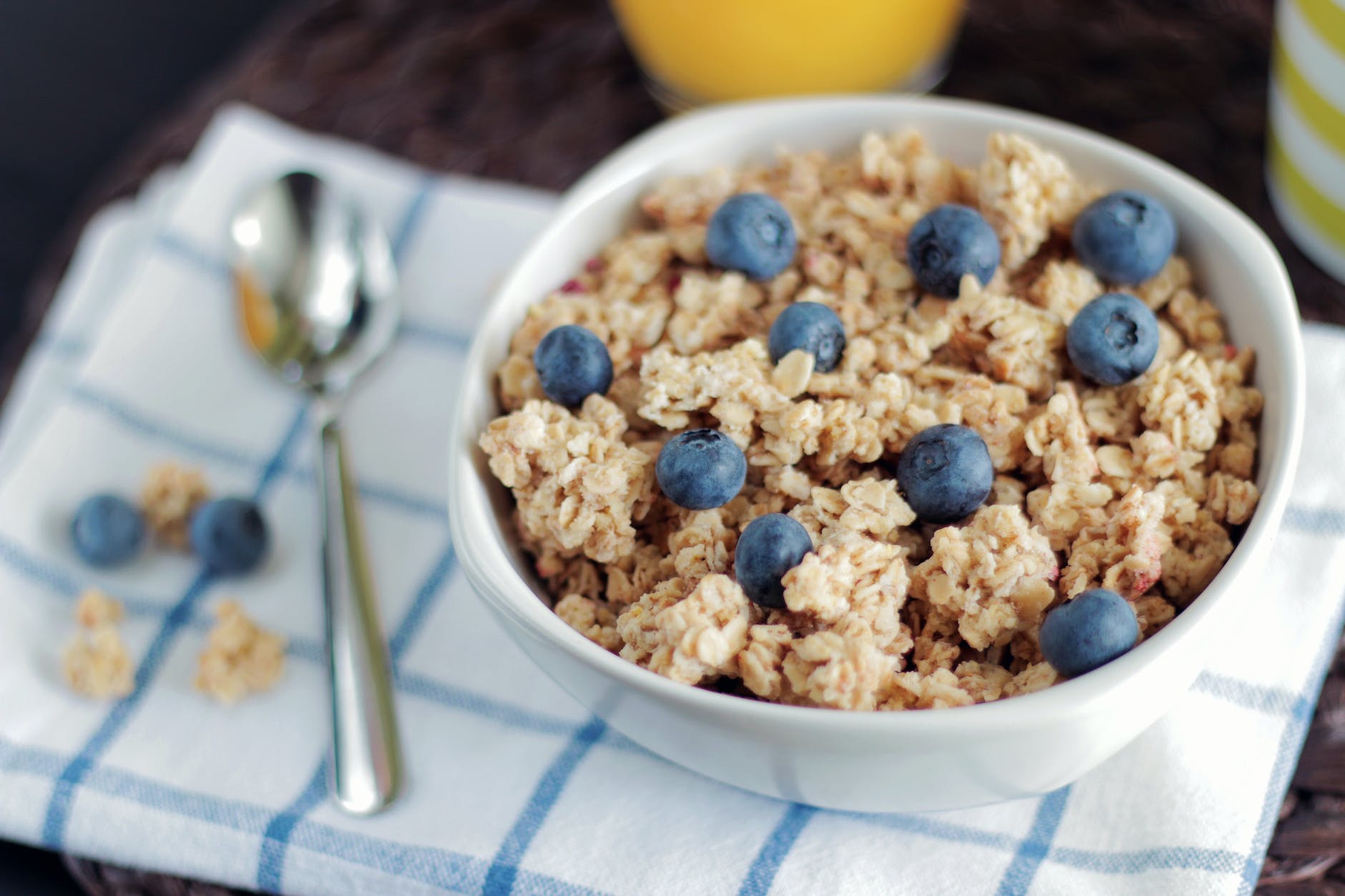
Oats
Oats are a secret source of plant-based protein. You might not realize how much of a powerhouse oats are. White’s Oats says oats contain about 11 grams of protein per 2/3 cup. That same article continue to say oats support joint health, are a great source of fiber, and are packed with antioxidants.
Vegetables
Last but certainly not least, we have a handful of protein rich vegetables.
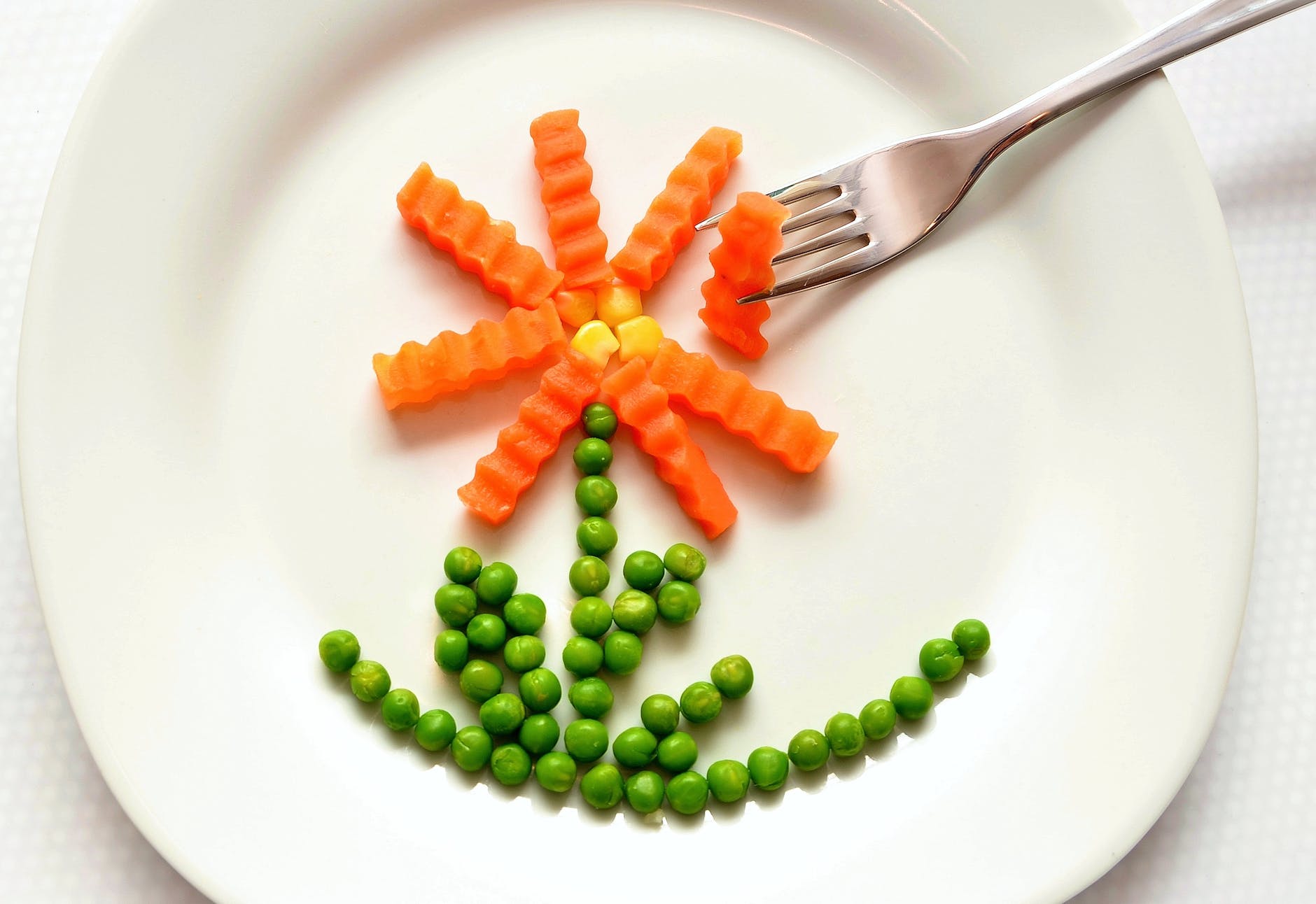
- 2/3 cup of broccoli contains almost 3 grams of protein
- One large potatoes contains almost 8 grams of protein
- One avocado contains 3 grams of protein
- One cup of green peas has about 9 grams of protein
- Asparagus, brussels sprouts, and artichokes contains 4 grams per cooked cup
- Spinach and sweet corn contain 5 grams per cooked cup
Too much protein
While protein is important, there is a such thing as too much protein. The World Resources Institute explains, that in a 2009 study, over 90% of the world’s population consumed more than enough protein. But this isn’t actually necessary. The body does not store protein the way it does carbohydrates and fat.

That being said, if you are hitting the gym and doubling your daily dose, know that this 2023 study found there is almost no difference in strength, performance, or muscle gain when it comes to consuming the recommended amount or more than the recommended amount of protein.
Aside from doing virtually nothing, more protein actually has been associated with negative effects. The research suggests adverse effects such as poor liver and renal function, progression of coronary artery disease, and an increased risk of cancer, just to name a few.
With this new information about protein, I wouldn’t recommend replacing breakfast or lunch with a protein shake. Focus on nutrient rich foods and a diverse variety and your body will thrive.
